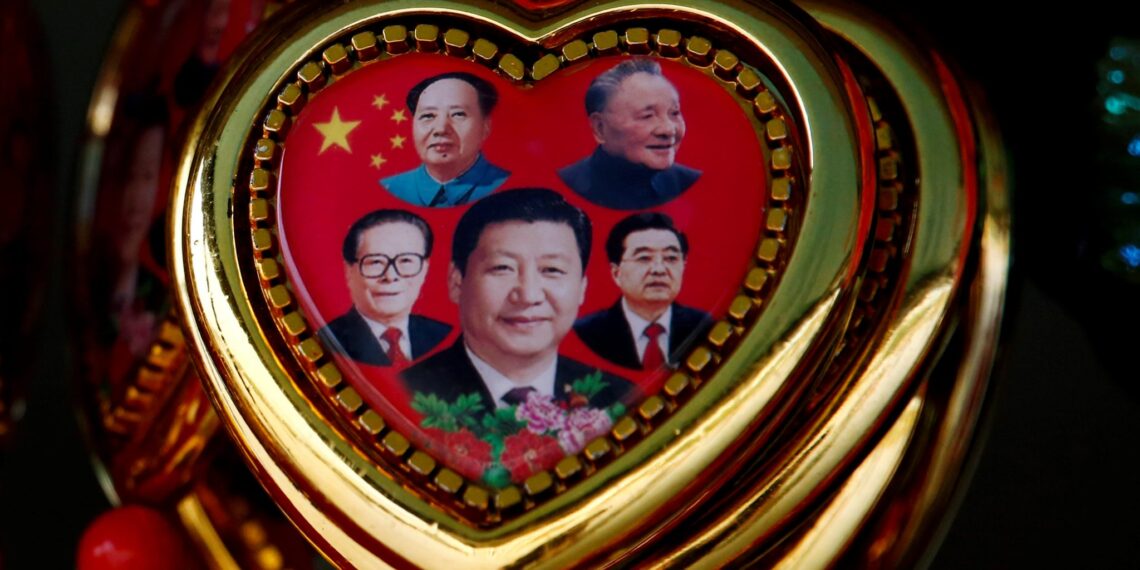No products in the basket.
Deng Xiaoping sought advice from Japan and Singapore for economic reforms, but Xi Jinping’s policies have caused economic problems for China.
China’s economic evolution from Deng’s vision to Xi’s divergence
Richard Katz of the Carnegie Council for Ethics in International Affairs discusses Deng Xiaoping’s approach to creating ‘socialism with Japanese and Singaporean characteristics’ and how it led to China’s economic miracle. He also highlights the economic woes caused by Xi Jinping’s abandonment of this paradigm, leading to China’s current economic challenges.
Lessons from Japan
Katz explains how Deng Xiaoping sought advice from Japan and Singapore in the 1970s, drawing from their success stories to reform China’s economy. This included adopting a Japan-style industrial policy and welcoming foreign companies to produce and export their products in China.
Reversal under Xi Jinping
The article outlines Xi Jinping’s shift towards favoring state-owned enterprises (SOEs) over private companies and foreign technology firms, as well as the impact of this reversal on economic growth, innovation, and foreign investment in China.
Economic Challenges
Katz concludes by highlighting how China’s economic growth has been impacted by declining productivity, financial turmoil, and the potential consequences of sacrificing economic growth for political goals, offering insights into the complex relationship between economic policy and political stability in China.
Read original article here : : China’s economic evolution from Deng’s vision to Xi’s divergence
Discover more from Thailand Business News
Subscribe to get the latest posts sent to your email.














